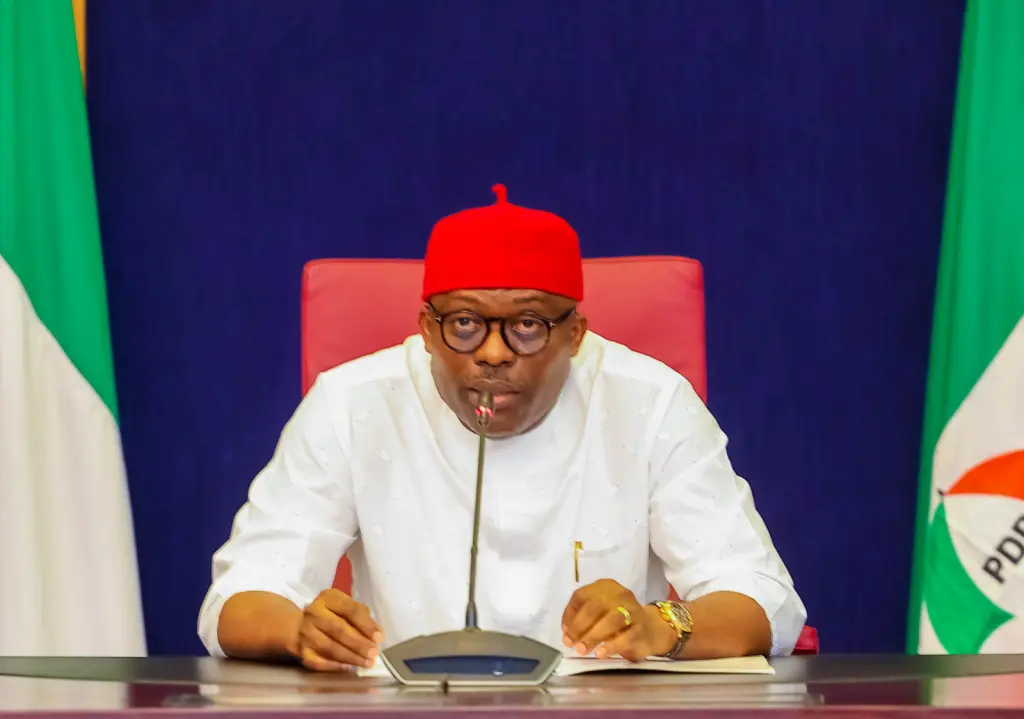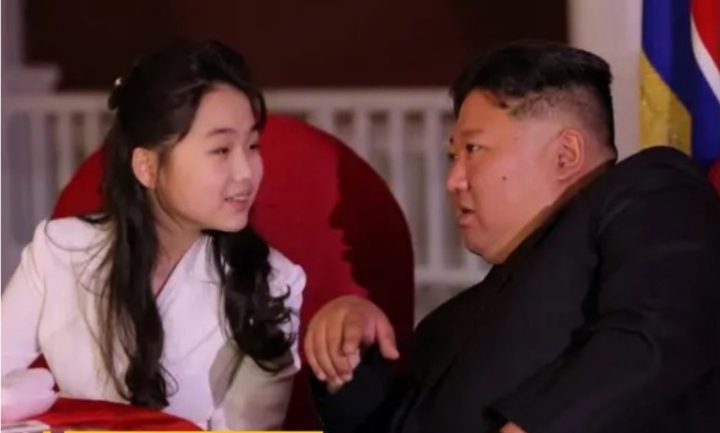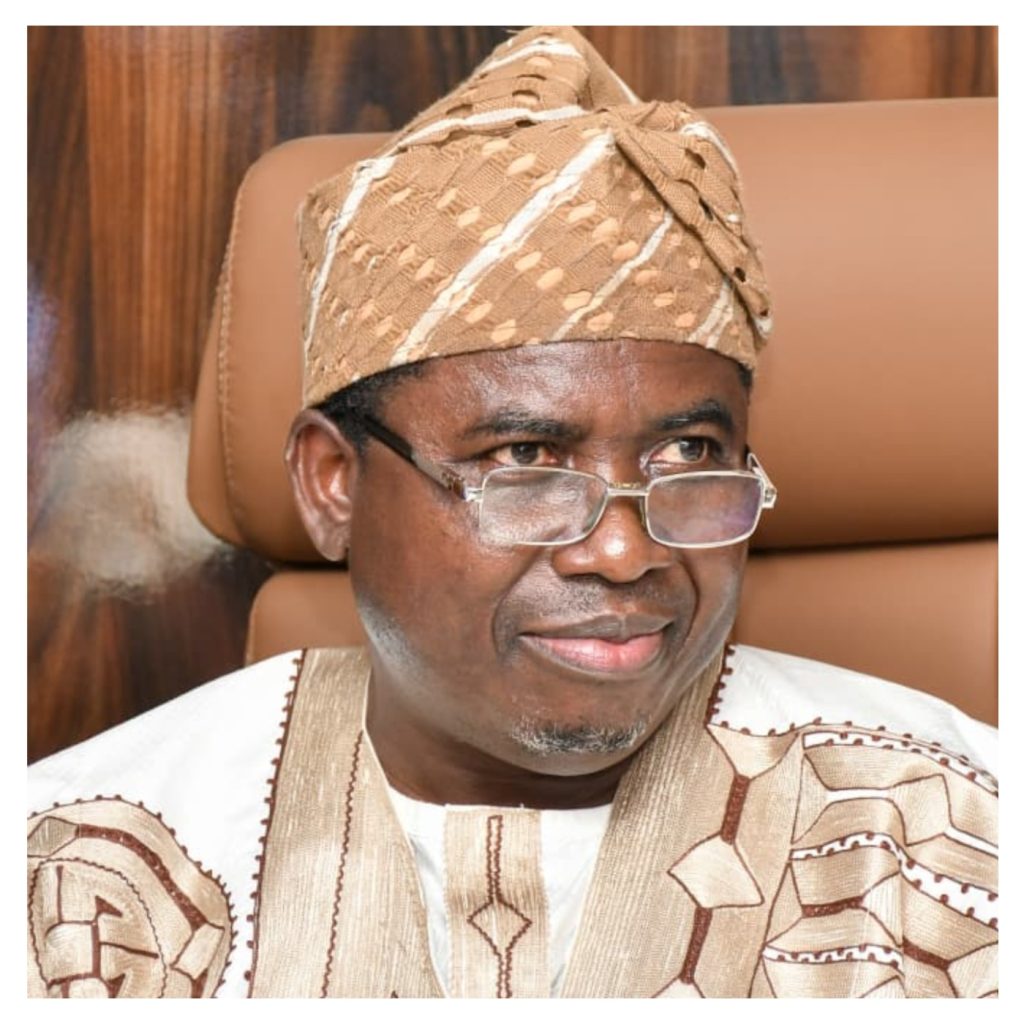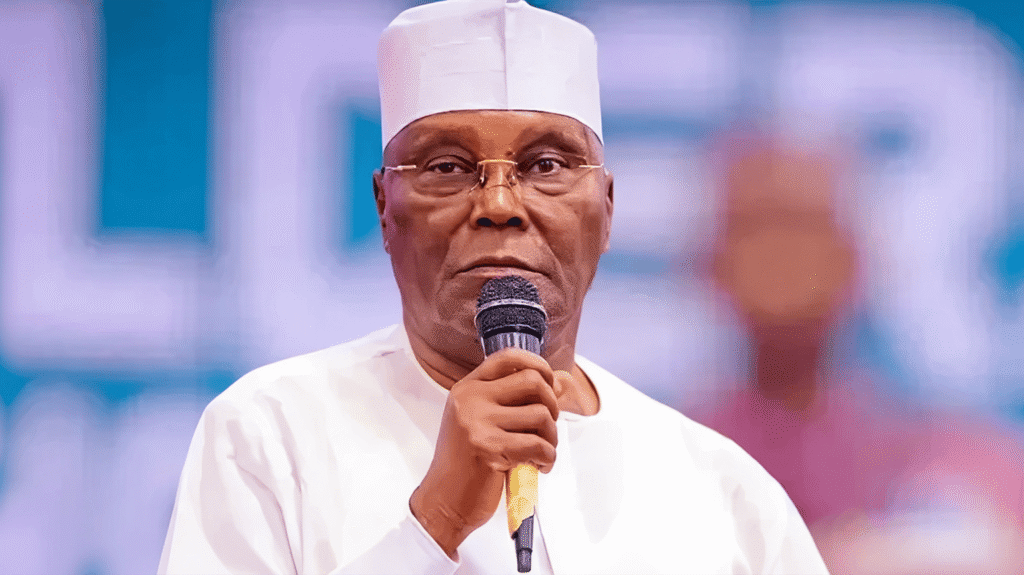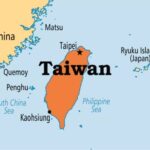Christian Genocide: Nigeria may be Undermining it’s Military Interpersonal Relationship
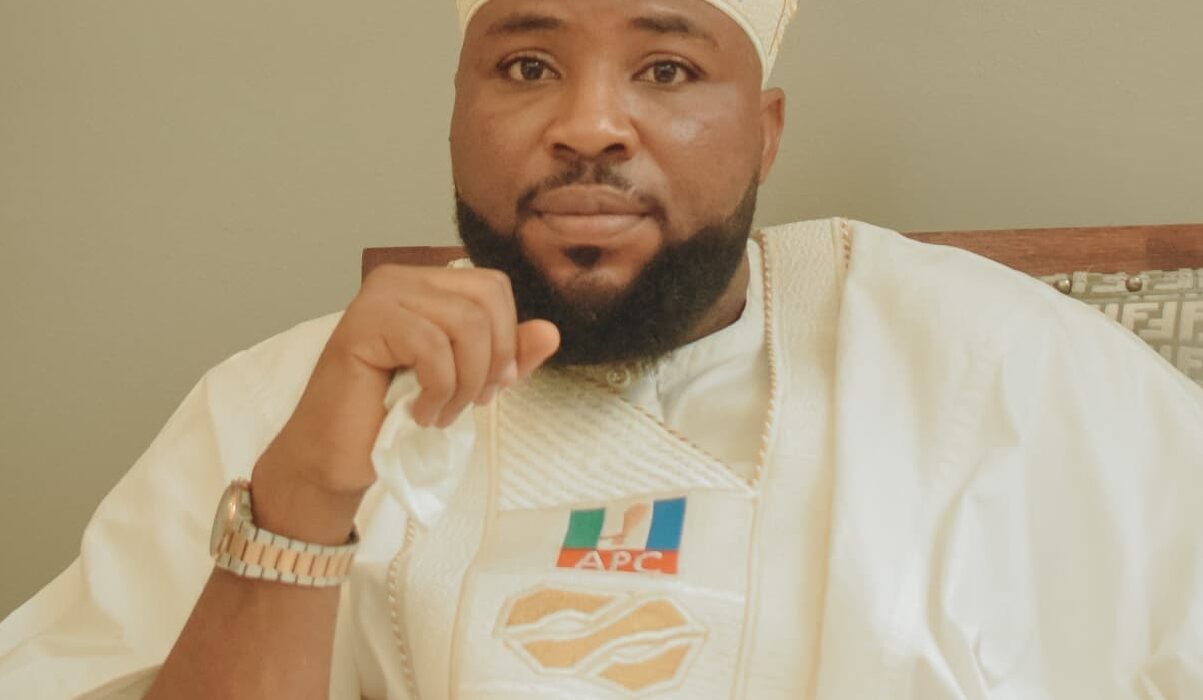
By Bamidele Atoyebi
Nigeria has recently faced alarming international attention after the President of the United States threatened possible military action, citing what he described as a “Christian genocide” in the country. While the concern for civilian safety is understandable, such a narrative oversimplifies Nigeria’s complex security landscape and risks misguiding foreign intervention.
This truth took the government a while to communicate to the international bodies and lacked explicit details. It is time for Nigeria to assert its sovereignty through strategic defence diplomacy, educating international partners on the real threats and demonstrating that solutions must be homegrown yet collaborative.
The uncomfortable truth is Nigeria may be undermining its own Human Resources. Nigeria has invested billions in training military personnel abroad, sending officers to the U.S., U.K., France, Pakistan, Turkey, Brazil, and other nations for advanced courses in counter-terrorism, peacekeeping, intelligence, and strategic warfare.
How many of these well-trained officers return to roles where their expertise is fully used? Too often, they return to rigid structures that do not encourage innovation, promotions follow political patterns instead of merit. Experienced officers with international relationships are sidelined, skills gained are not integrated into national strategy. This is not just inefficiency, it is national loss.
If Nigeria fully utilized its trained Human Resources, the fight against terrorism would look very different. Instead of reacting to attacks, we would be forecasting threats, disrupting intelligence networks, and coordinating with international partners proactively.
Many of the officers Nigeria sends abroad develop strong relationships with foreign military colleagues and have knowledge of global counter-terror strategies. But these officers are rarely positioned to leverage these relationships or expertise.
The recent threat from the United States reveals a critical gap and international powers may act on incomplete or skewed information. Nigeria could have leverage military diplomacy to manage this international relationships instead of sending a political personnel to speak for her. This is not to sideline its ministry of foreign affairs, however other form of communication may come in later.
This approach involves sending trusted, well-connected officers abroad to engage with foreign militaries and defense institutions to educate foreign partners on the complexity of Nigeria’s security environment. Share intelligence and insights regarding terrorist networks, their regional dynamics, and operational challenges.
Build trust and long-term alliances that strengthen both bilateral and multilateral cooperation. Correct misconceptions proactively, ensuring international partners support Nigeria based on fact rather than partial narratives.
Such military diplomacy has been successfully employed by nations across Africa, the Middle East, and Asia. Countries like Egypt, Kenya, Israel, and Turkey routinely send senior officers abroad to brief allies, develop counter-terrorism strategies, and forge collaborative intelligence networks. Failing to engage international partners proactively exposes Nigeria to several risks.
Nigeria’s insecurity cannot be reduced to a single narrative. Across the country, threats vary regionally and often overlap with socioeconomic grievances: In the Northeast, Boko Haram and its splinter group, ISWAP, continue to destabilize communities. The Northwest faces rampant banditry, kidnappings, and communal clashes over resources. The Middle Belt experiences violent communal conflicts between farmers and herders, often exploited by armed groups.
In the South, maritime piracy and organized crime disrupt trade and livelihoods.
These diverse security challenges affect all Nigerians, cutting across religion, ethnicity, and region. Labeling the situation as a “Christian genocide” ignores the broader context, risks deepening misconceptions abroad, and limits foreign partners’ ability to provide informed support.
Without credible, on-the-ground briefings, foreign militaries may base strategic decisions on headlines, social media narratives, or politically motivated claims rather than the nuanced realities of Nigeria’s regions. This creates a dangerous space where misinformation can influence foreign policy.
Foreign military support is often contingent upon trust, professionalism, and accountability. Sending officers with established international reputations ensures that foreign governments receive credible insights, reducing the risk of misinterpretation
To protect sovereignty and enhance security, Nigeria must act decisively: Deploy senior officers abroad who have the credibility, networks, and experience to represent Nigeria effectively.
The solution lies in strategic defence diplomacy: a proactive, intelligent approach that communicates the truth about Nigeria’s security challenges, builds international partnerships, and preserves sovereignty.
Nigeria must lead its own narrative, armed not just with troops on the ground, but with credible voices, strategic alliances, and a clear, well-articulated plan for security and stability.
Bamidele Atoyebi is the Convenor of BAT Ideological Group, National Coordinator of Accountability and Policy monitoring and a publisher at Unfiltered and Mining Report


